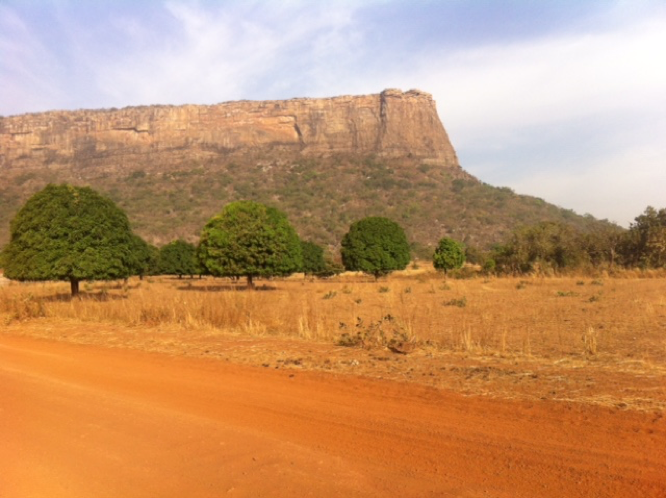
Kate Hargreaves,
DTMH January 2017
Last week in this blog, Sándor asked ‘why are there only 24 hours in a day’? I have to say that after 2 weeks as a DTMH student, I’m asking myself the same question. Just in the last week we have had lectures ranging from rabies to latrine design to the history of primary care provision across the world, there have been multiple trips organised to all sorts of everts across the city, every different sport group you can think of, and of course much more. The atmosphere within the group is incredibly friendly and everyone seems to be making the most of a short time in Liverpool to learn not only about Tropical Medicine and the city of Liverpool but about each other as well.
With all of this happening it would have been easy to miss the early evening lecture hosted by the Liverpool Medical History Society at the Liverpool Medical Institute. Dr Tim O’Dempsey was already familiar as the course director of the DTMH and known for his enthusiasm for musical instruments and international cooking, and gave this fascinating lecture about the Ebola outbreak in West Africa in 2014-15. I was particularly interested in this as I travelled through Guinea (one of the affected countries) by bicycle in January 2016 and saw the results of the crisis there myself.
Dr Tim O’Dempsey described his role in an urban hospital and his experience of the wider crisis throughout Sierra Leone at the time. The lecture lasted over an hour and was packed with facts and reflections, but two points stood out to me. Firstly, that by their own admission, MSF (the NGO with arguably the most experience in managing outbreaks of Ebola) made fundamental errors in clinical management and could have done more to treat those with confirmed disease. This was shocking because I have always held MSF as the gold standard. Surely their practices and protocols are the best in the world? Arguably this opinion was held by other, less experienced NGOs who followed suit with a cautious approach to fluid resuscitation. Did this have in impact on the survival outcomes overall? My main reason for being in Liverpool studying for the DTMH is to work with MSF in the future, and I think this was an important lesson for me, that no-one is above making mistakes, not even the most experienced in the field, and it is important to reflect on and share these.
The second point was that despite the obvious devastation caused by Ebola within a short period of time and the resources required to manage it, there were people requiring medical attention for other reasons – TB, HIV/AIDS and other endemic infections were still present and causing far greater morbidity and mortality overall than the Ebola virus. There were no medical resources for those infections, and significant barriers to health care (including fear of infection whilst attending hospitals), and no ongoing support once the Ebola crisis was over. Is this right? Controversially it occurred to me to question why a disease that threatens to infect high income countries across the world is worth investing time and resources in to control, but not the other big killers such as TB, HIV/AIDS, diarrhoeal diseases and malaria which affect middle and low income countries. Is there uncomfortable self-interest at play here?
Despite first-hand experience in Guinea of seeing abandoned treatment centres and being affected by the confusing national strikes, in part triggered by the Guinean population’s mistrust of their governments management of funding and health care following the Ebola outbreak, this lecture made me think very differently about the international response. I think these are valuable lessons, along with so many others learnt at LSTM, which will stand me in good stead as I look to work outside the UK, maybe responding to a similar humanitarian crisis in the future.